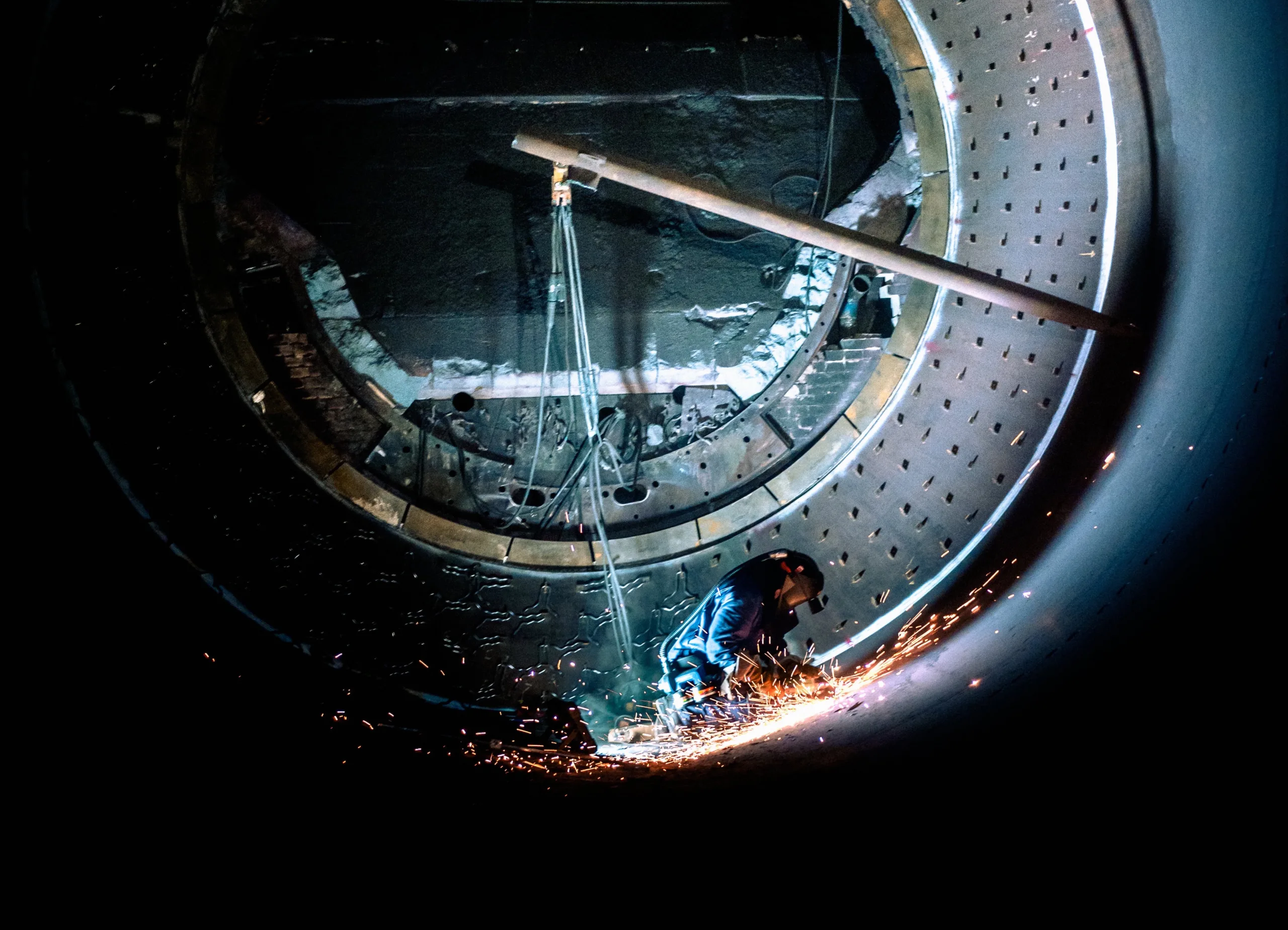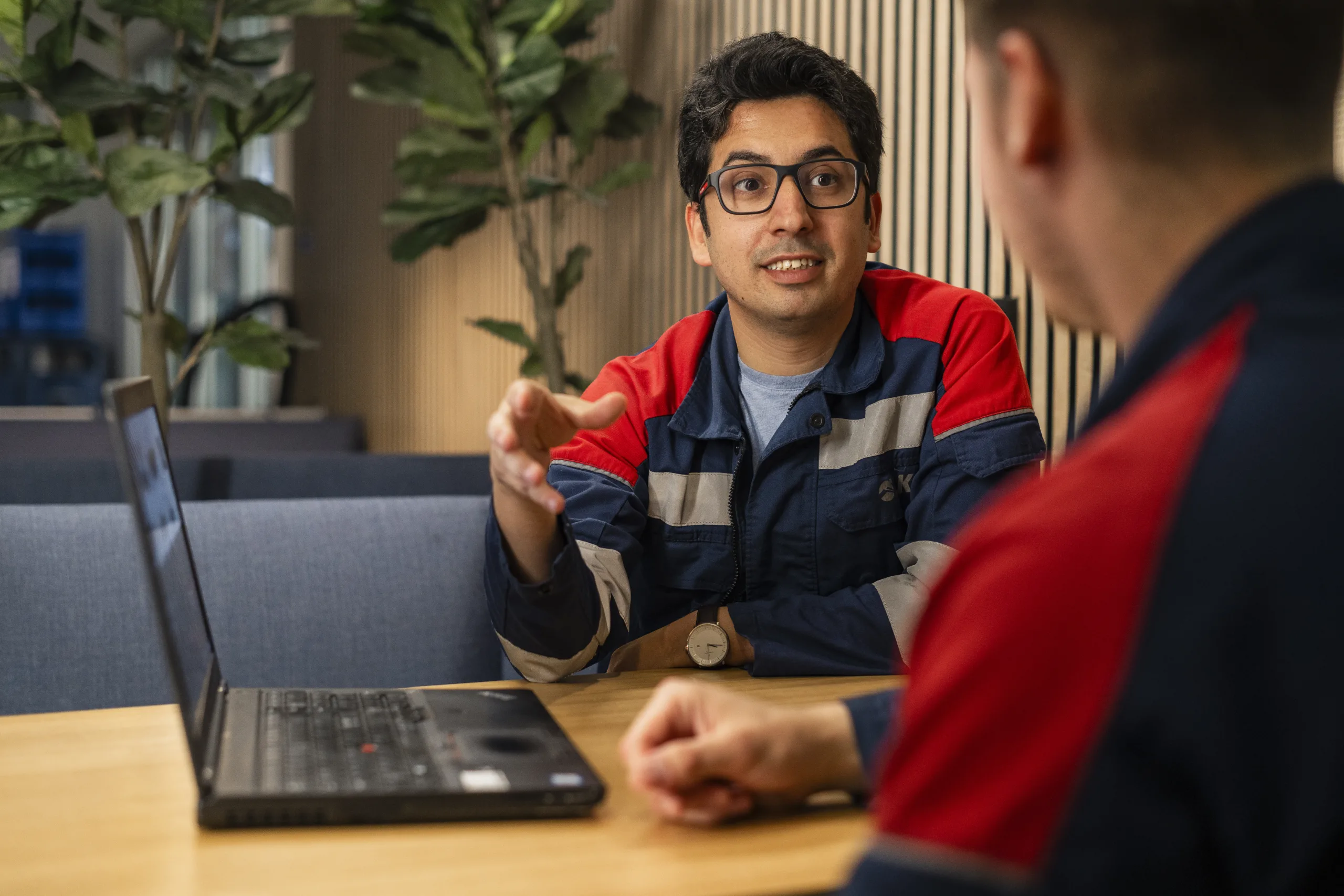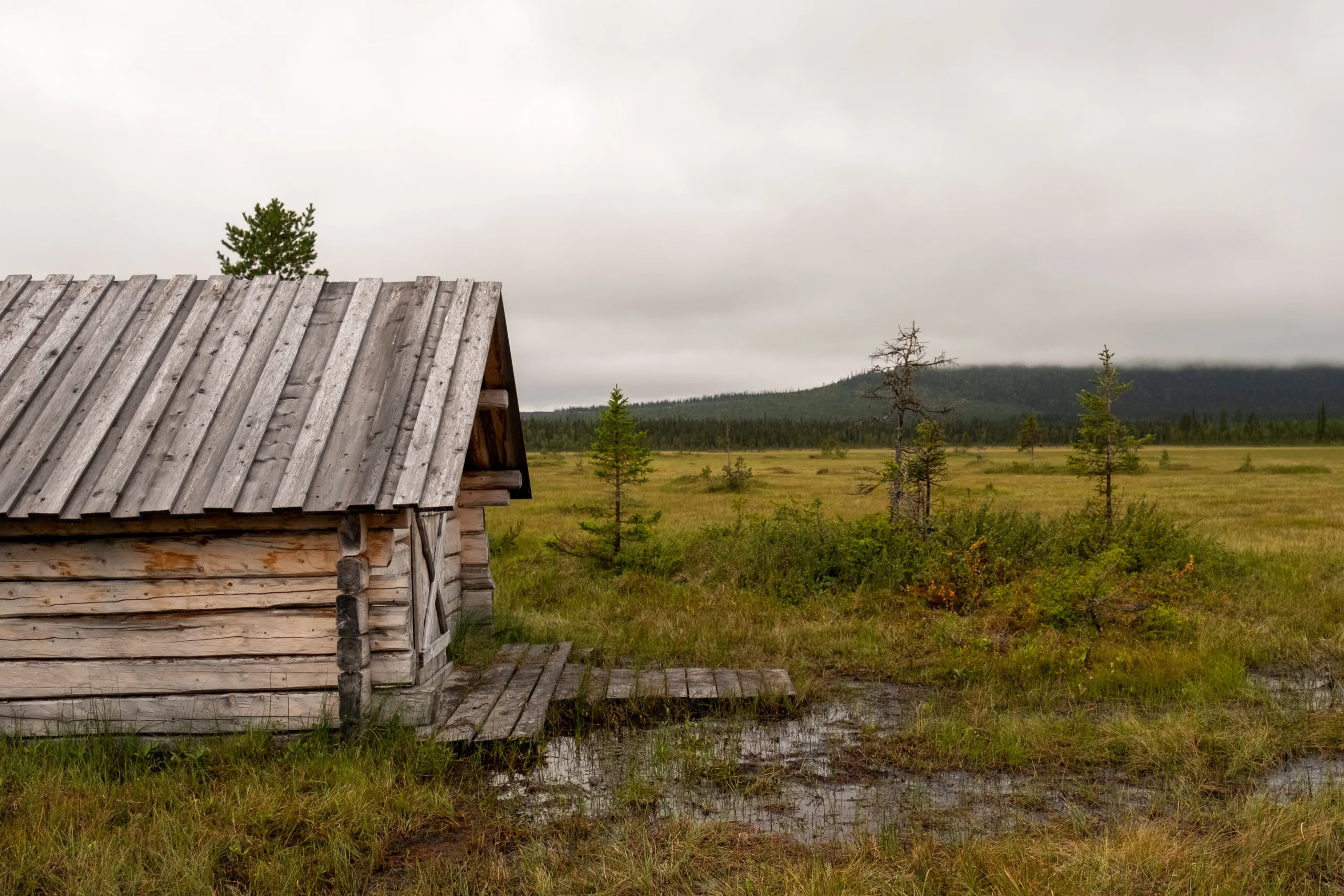Interim report April-June 2019: High iron ore prices lift LKAB
In the second quarter net sales increased by 50 percent to MSEK 9,233 (6,160) compared with the same period last year, while operating profit was boosted to MSEK 4,116 (931). The quarter was characterised by very good market conditions and a continued focus on ensuring future competitiveness.
Sales for the first half increased by 34 percent year-on-year, while operating profit was boosted by 166 percent to MSEK 6,629 (2,492). The improved earnings are mainly attributable to higher iron ore prices and a strong US dollar. Somewhat lower delivery volumes in the first quarter had a negative effect. Operating cash flow increased to MSEK 4,272 (3,103). The improvement is primarily due to the increase in profit and to lower capital expenditure.
Volatile world market
During the second quarter the global spot price reached its highest level for five years and amounted USD 118/tonne at the end of the quarter. The average global spot price for iron ore during the quarter was USD 100/tonne, compared with USD 83/tonne in the previous quarter and USD 65/tonne in the second quarter of 2018. During August however, the price of iron ore has fallen significantly.
“In many ways, the market is extreme at the moment. World market prices and exchange rates are beyond our control, however, and our work therefore focuses on safeguarding our competitiveness so that we are prepared for any turnaround in the business cycle when it comes. This means cost control, production stability, increased volumes and investments to develop the next generation of LKAB,” says Jan Moström, President and CEO.
Production stability is a key issue
Production in the second quarter amounted to 6.2 (6.1) Mt and deliveries to 6.7 (6.4) Mt, 84 percent of which consisted of highly upgraded pellets. A number of minor disruptions in both Kiruna and Malmberget affected production to a certain extent.
Maximising volumes in the current production system is essential for future growth investments, which is why production stability continues to be a key focus for LKAB. Even minor disruptions are analysed to ensure that the underlying problems are addressed, and LKAB invests in modifications and updates that will increase capacity utilisation long-term.
Positive decision by the Municipality of Kiruna
After a protracted process it was announced on 17 June that the Municipality of Kiruna has decided to give LKAB the planning consent that is necessary to secure future mining in Kiruna. With the planning consent granted, detailed planning work to convert parts of the city centre into industrial land can continue.
Next generation LKAB – progress according to plan
Exploration work continued according to plan during the quarter. The objective is to secure a billion tons of mineral resources within five years.
LKAB is running extensive development work aimed at securing future sustainable mining and steelmaking processes as well as establishing a broader LKAB that is less exposed to fluctuations in the iron ore market. The collaborative initiatives Sustainable Underground Mining (SUM) and Hydrogen Ironmaking Breakthrough Technology (HYBRIT) continued according to plan during the quarter, and pilot facilities are being built for ReeMAP, which aims to utilise residual products from mining iron ore to extract rare earth elements (REE) and phosphorous products (MAP).
“Partnership is a feature of all our development initiatives. We are focused on extensive technology shifts that have the potential not just to boost LKAB’s business, but also to contribute to a more sustainable industry in a broader perspective,” says Jan Moström.
LKAB is an international high-tech mining and minerals group that mines and upgrades the unique iron ore of northern Sweden for the global steel market. Sustainability is core to our business and our ambition is to be one of the industry’s most innovative, resource-efficientand responsible companies. The group had sales of about SEK 26 billion in 2018 and employs about 4,200 people in 12 countries. Other group business include industrial minerals, drilling systems, rail transport, rockwork services and property management.




